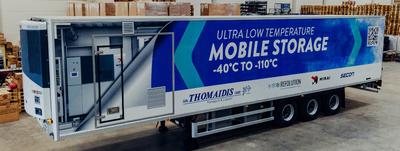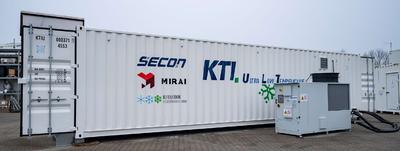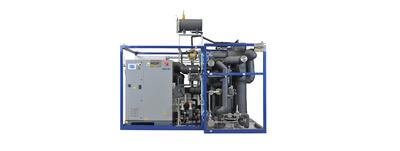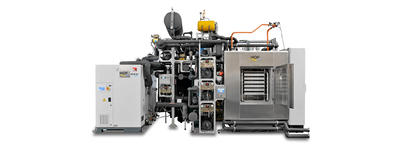Plasma bottle freezing is a professional solution for the rapid cooling process in modern medical technology. Our plasma blast chiller uses the most advanced cryogenic technology to handle complex thermal processes and cool liquid helium in the double chamber freezing process. With this innovative and efficient approach, we ensure that your material is cooled reliably and safely under the most demanding conditions. Our professional blast chiller can be tailored to your requirements and configured for specific applications, allowing you to benefit from the full power of the technology.




















